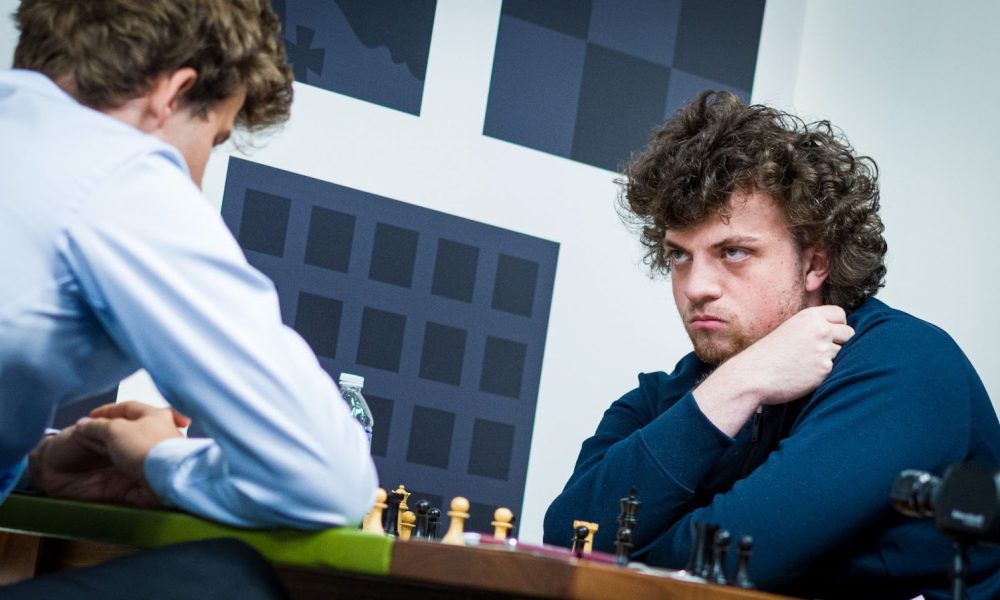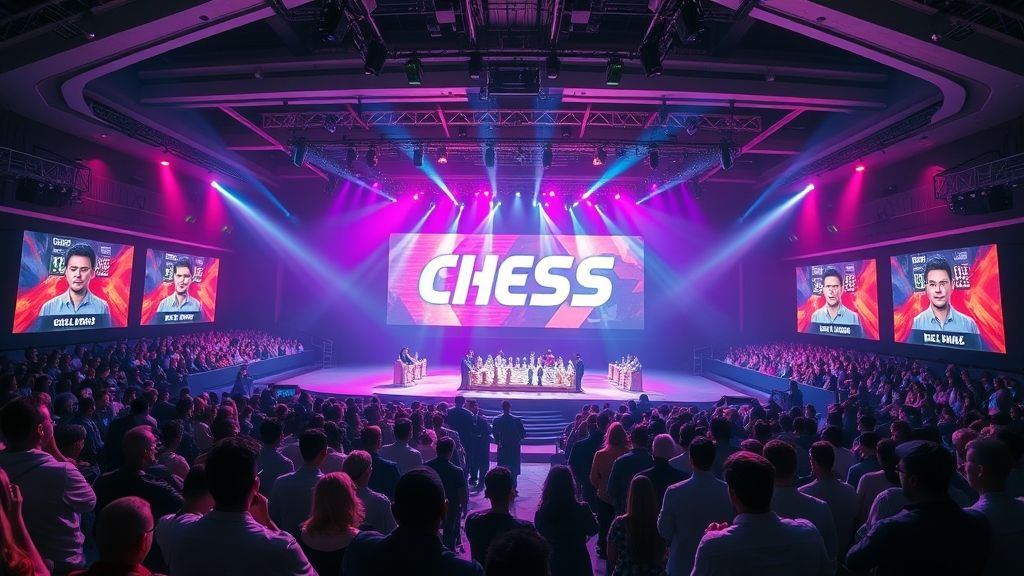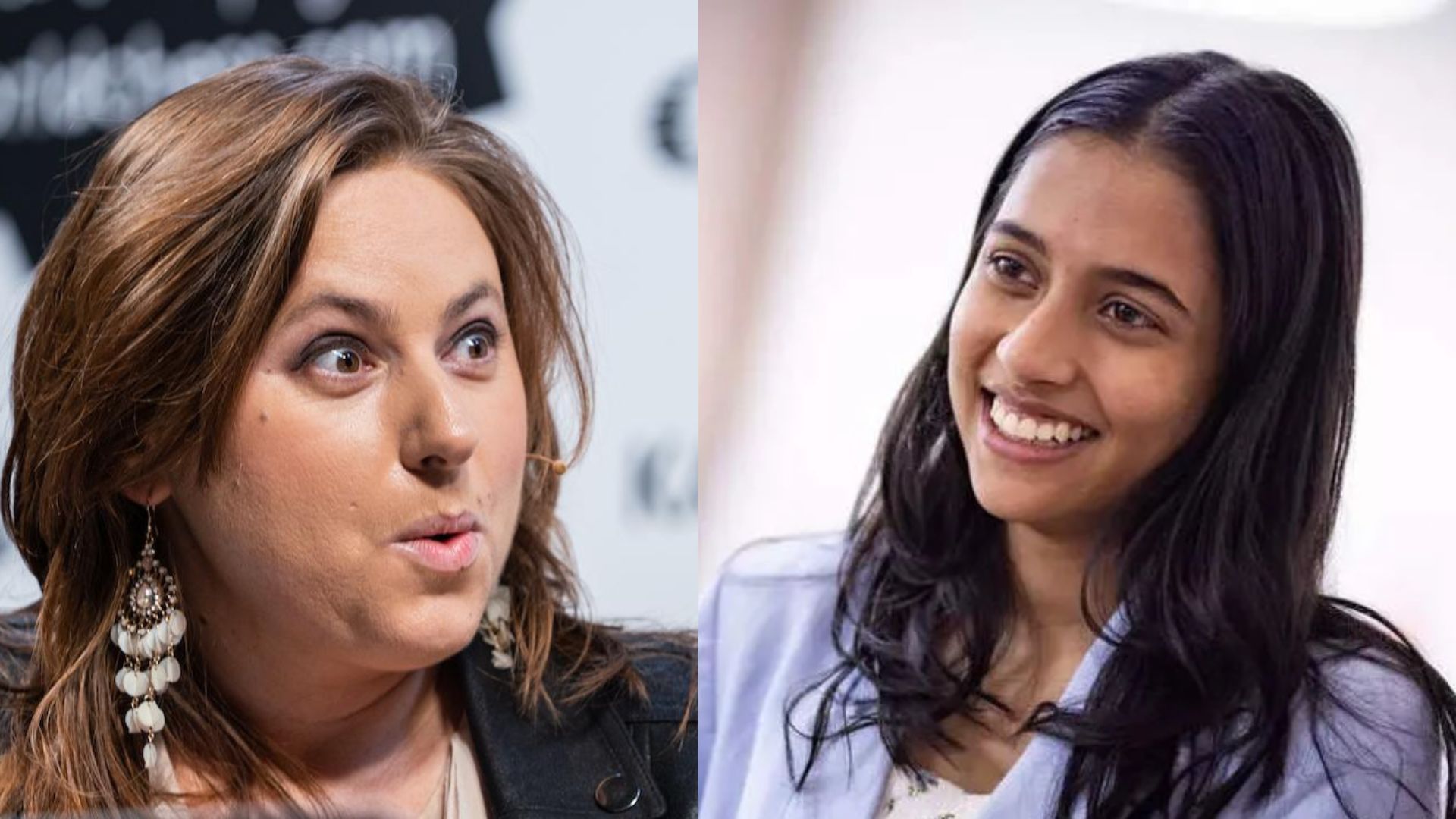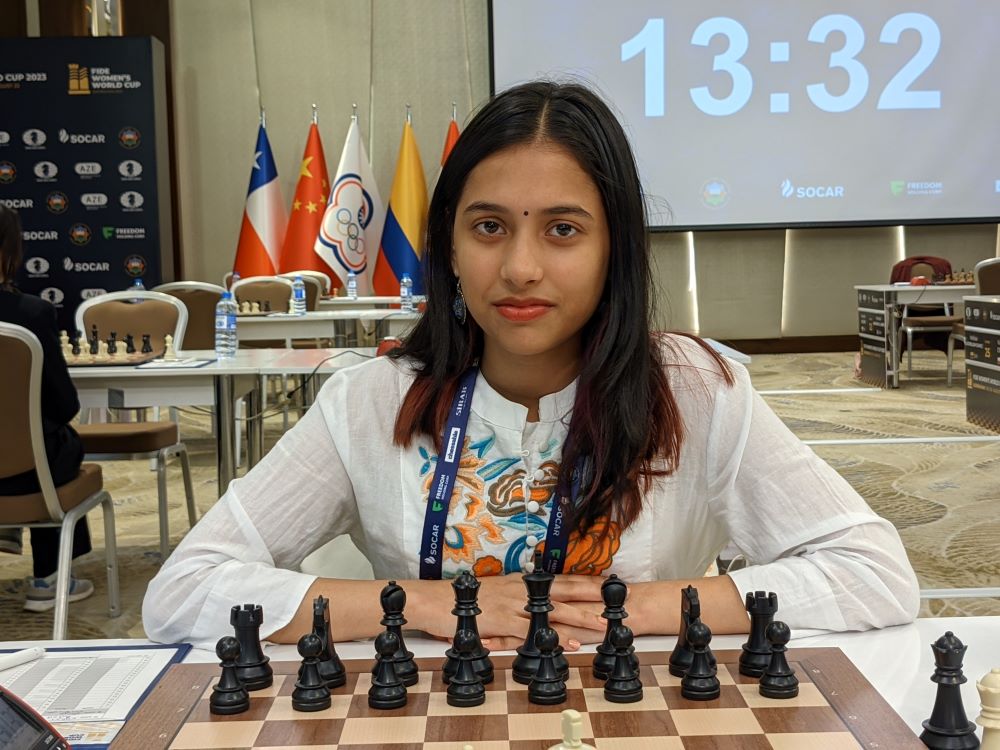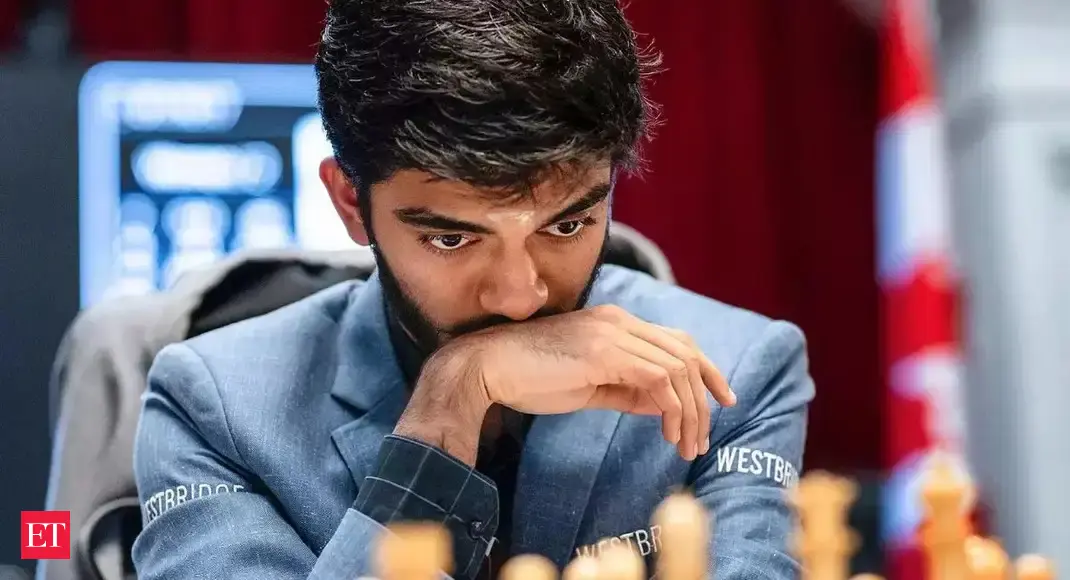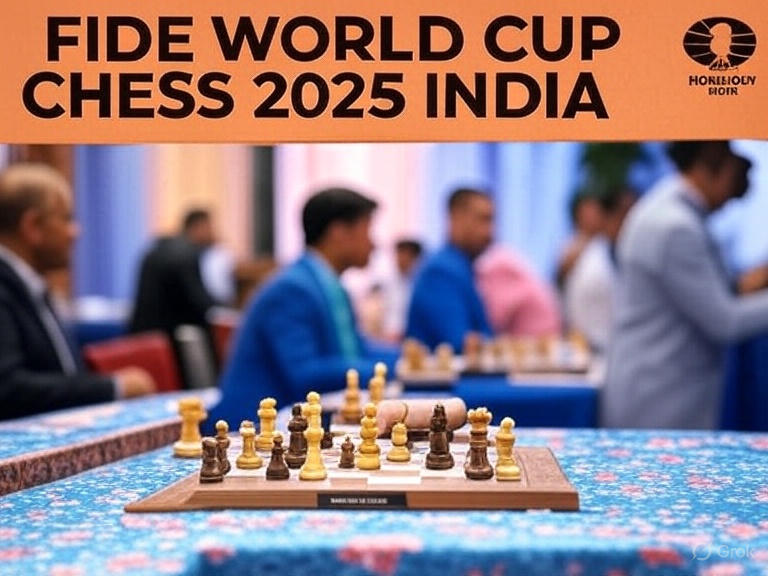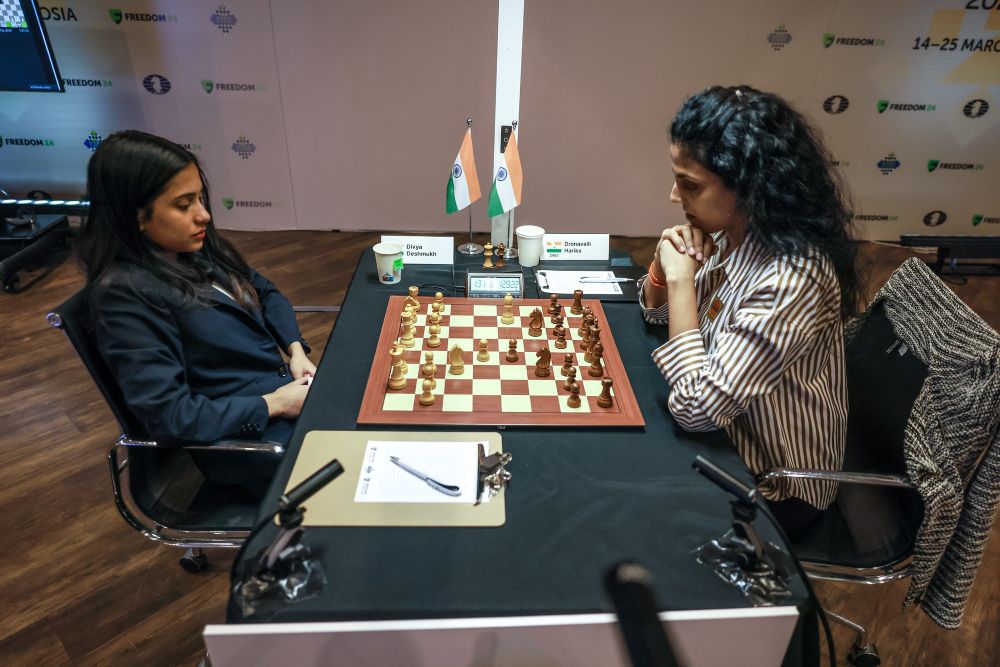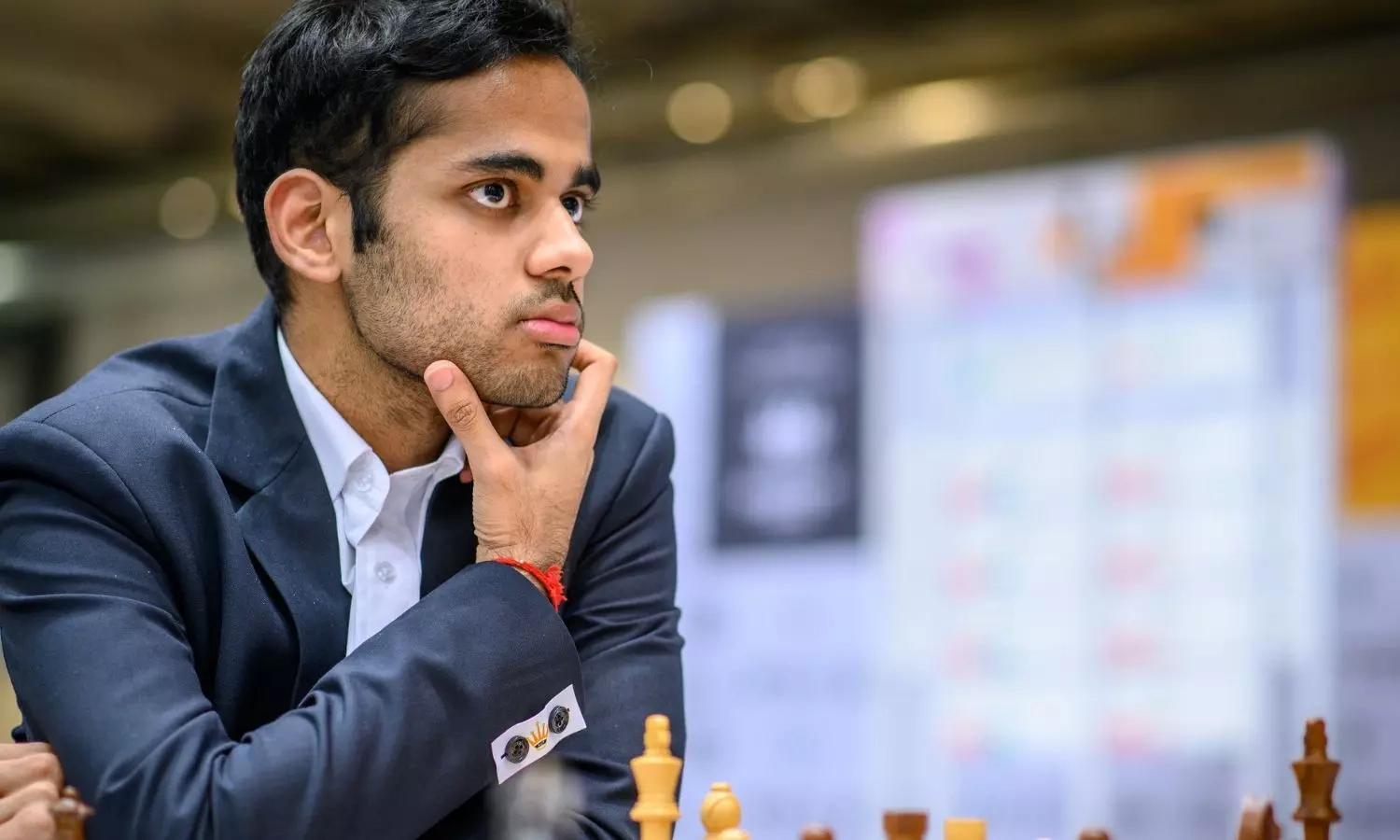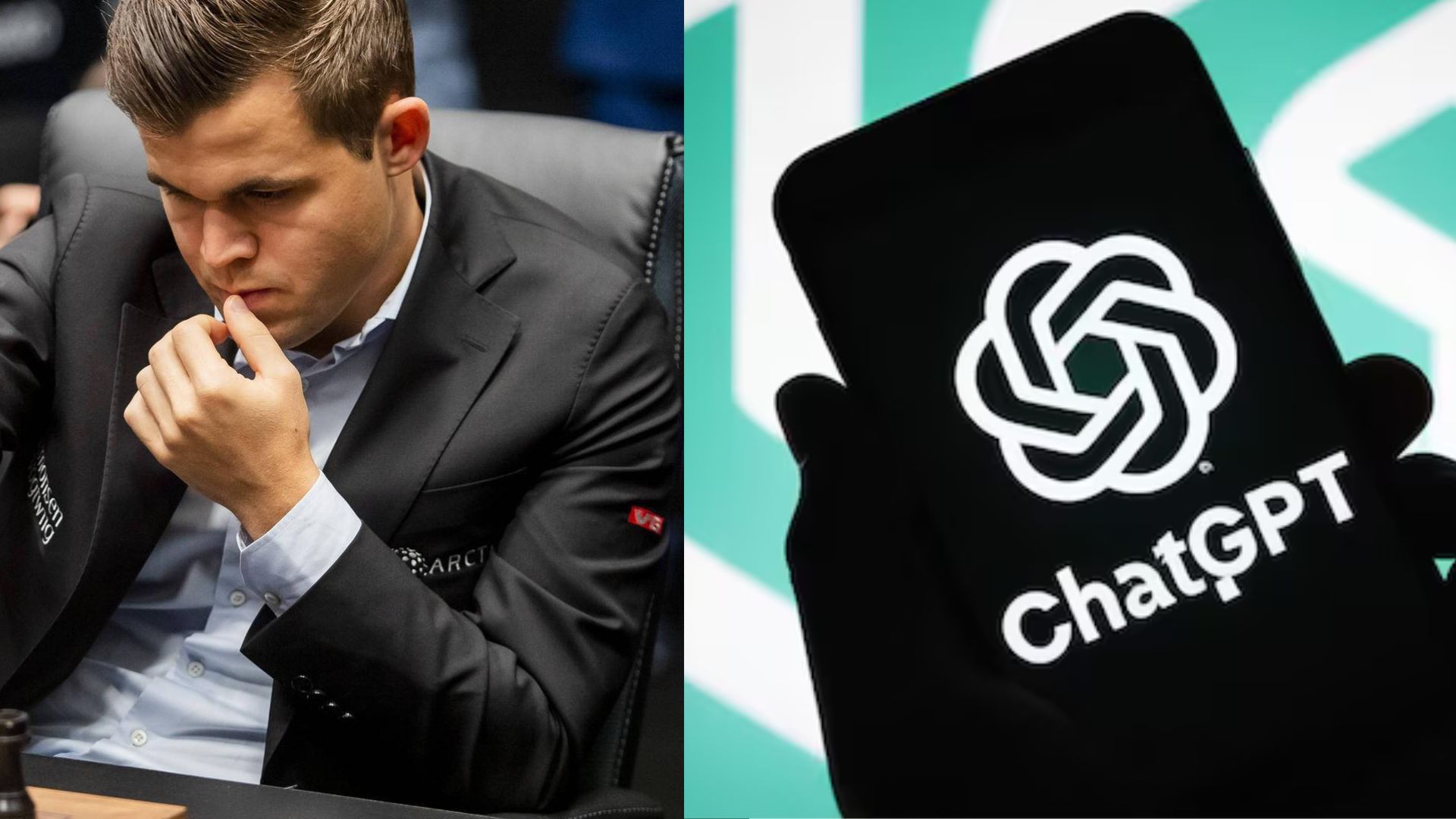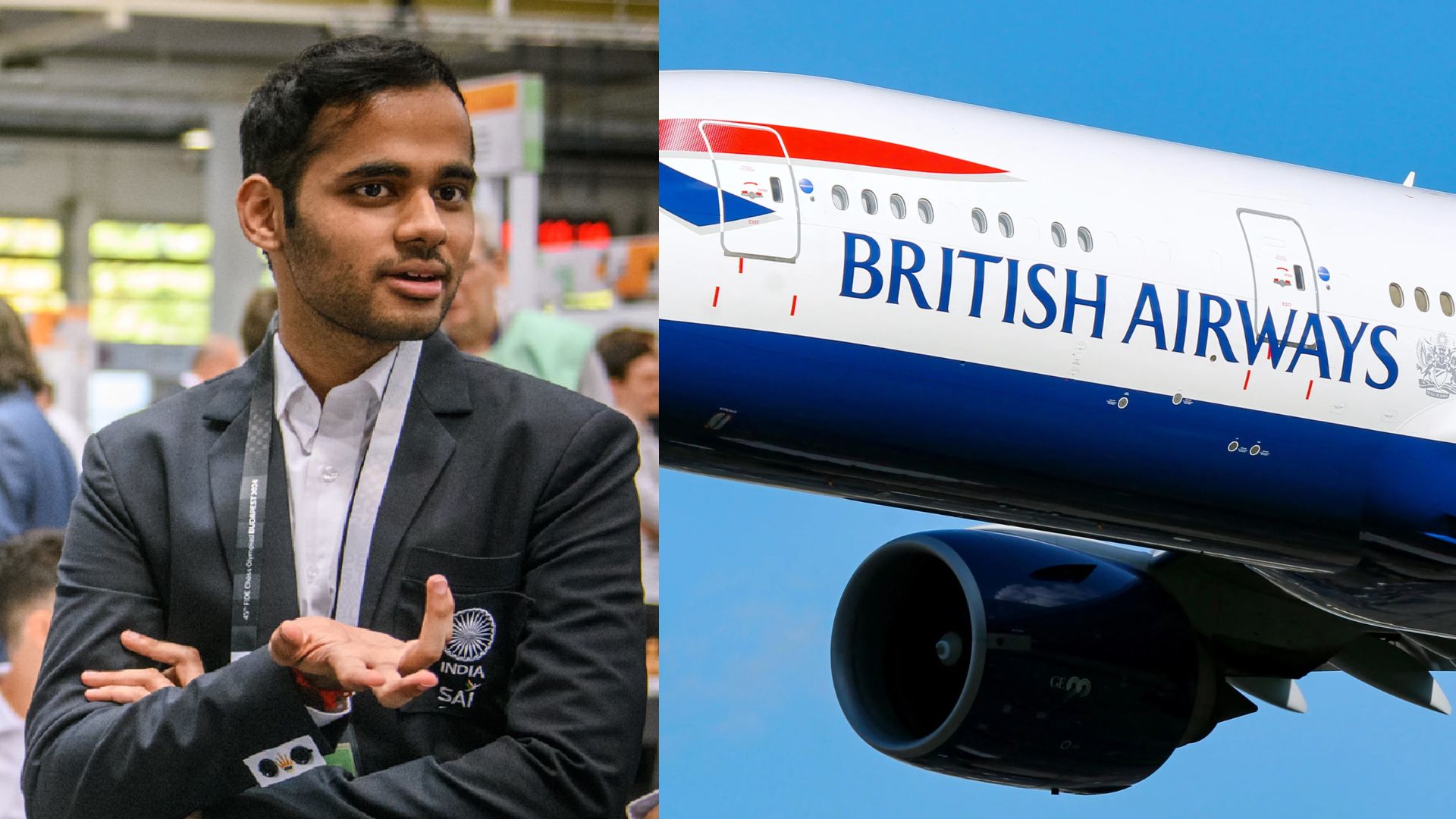Chess faces a growing crisis as high-profile cheating scandals shake the sport. Recent incidents, including Kirill Shevchenko’s ban and Hans Niemann’s controversial withdrawal from the Paris Freestyle Grand Slam, have forced organizers to implement near-military-level security. With top players like Magnus Carlsen warning about undetectable cheating methods, the chess world is scrambling for solutions.
Shevchenko’s Ban and Niemann’s Withdrawal Raise Alarms
In October 2024, Grandmaster Kirill Shevchenko received a three-year worldwide ban after admitting to hiding a phone in the bathroom during a tournament. Around the same time, Hans Niemann withdrew from the Paris Freestyle event just 48 hours before it began, sparking speculation about strict anti-cheating measures.
Freestyle CEO Jan Henric Buettner denied that new security protocols influenced Niemann’s decision but emphasized the importance of fair play.
Freestyle Tournament Deploys Extreme Anti-Cheating Measures

Unlike FIDE’s reliance on statistical analysis, the Paris Freestyle Tour uses physical surveillance akin to airport security. Players pass through metal detectors, and officers monitor them throughout matches. Signal detectors scan for unauthorized transmissions, and no electronic devices are permitted inside the venue.
Gerhard Bertagnolli, the event’s chief arbiter, admitted that while no system is foolproof, their measures come close to intelligence-agency-level monitoring.
Also Read: Chess and Esports Arena: A Match Made for Millions
Chess vs. Other Sports: Is Cheating Worse Elsewhere?
Chess.com’s Peter Doggers argues that chess has fewer systemic cheating issues compared to sports like cycling or athletics, where doping scandals have tainted entire eras. However, Viswanathan Anand compared chess cheating to an arms race, where detection methods constantly lag behind new cheating techniques.
Magnus Carlsen highlighted how even subtle assistance—such as a single move suggestion at a critical moment—could make a top player unbeatable.
Online Cheating Presents a Unique Challenge
Vladimir Kramnik has called for stricter bans on online cheaters, suggesting platforms should act on strong suspicion rather than absolute proof. However, Chess.com maintains a near-certainty threshold before issuing bans to avoid false accusations.
As cheating technology evolves, chess organizers face an ongoing battle to preserve the game’s integrity—one that may require ever more extreme measures.
Also Read: Injac Teodora Wins European Women’s Championship 2025
